“Do you want to tickle the dragon?”
My father was calling up to me. I was curled near the ceiling in a carpeted cubby he had built as a loft space. Lying on my belly like a snake, I sorted golden rivets into piles: long, yellow brass ones; shorter, reddish copper ones; dull, gray steel ones. It was fun and important work, but I could never resist tickling the dragon.
I climbed down the ladder and stepped onto the sooty concrete floor. The smell of coal hung in the air around my father’s brick forge. I grabbed hold of the wooden peg on the giant black wheel and pulled it down. The wheel began to turn. Because I wasn’t tall enough, I let the wheel spin the peg back up, and I caught it again as it came down, pulling again so the wheel began to turn faster. Heat radiated in intensifying waves from the hole in the center of the forge, and embers of hot orange and gold flew from the hole. The dragon was breathing!
“That’s it,” said my father. “Good. He’s awake.” In iron tongs he clutched a long piece of black steel that maybe, finally, he would make into a sword instead of a horseshoe, triangle, or fancy gate.
But I had to watch from above. He sent me back up to the loft, and I let my head hang over the edge so that I could watch as my father held the steel in the dragon’s breath. The fierce heat now exhaled constantly and turned the steel purple, red, orange, and finally a bright golden white. The flames held my gaze. Is there really a dragon down there, under the concrete floor? I wondered. Does it actually eat the coal we give it every morning?
He pinched the white-hot steel with the tongs, set it on the anvil, and with a heavy iron hammer, he struck the glowing metal, once, twice, three times, and sparks flew: Long, hairy fragments of orange shot everywhere in an inverted waterfall of light.
This was the end of the 1970s, on a commune in West Virginia. Twelve years earlier, before becoming a blacksmith, my father had been one of the first long-haired hippies at MIT in Boston. He swore he would never wear a tie, and he leapt into the civil rights and peace movements that were sweeping through the country like wildfire.
Soon he changed course and elected a more personal path to fixing the world. With the woman who would become my mother, he traveled to England and lived for a year in a spiritual community west of Oxford. They learned meditation techniques from the community’s leader, John G. Bennett, a wise and well-traveled man. Bennett determined that the time had come to start a community in the United States, and an estate called Claymont, in West Virginia, with four hundred acres of hilly forests and fertile farmland, was chosen for the purpose. At Claymont, my father turned an old concrete storehouse into a forge while my mother worked in the bookstore and the vegetable gardens. I helped in the forge and attended the three-room school, studying math, French, and art in the mornings alongside the two dozen other children; in the afternoons, our teachers would take us into the loam-smelling woods or down to the gurgling waters of the fish farm.
After a mere nine years, the commune faltered, rudderless. Bennett’s unexpected death had robbed the experiment of its visionary, and efforts to replace his leadership had largely proven fruitless. My parents had ushered my sister and brother into the world, and they consulted an astrologer for a new path. “Telecommunications” was divined in my father’s future, and he concocted a short resume, tied a tie to his neck, and landed a phone company job in a nearby town.
I went a different way, breaking with my strange hippie parents and attending a faraway college, exploring a freshness I found in political and cultural conservatism. But the dragon-breath that I fanned as a young boy I had also lit deep inside me, and an interest in travel, a love of languages, and a curiosity about China that my father, through his secondary role as the school’s occasional geography teacher, smoldered in me – and these coals did not die. Math, computer science, and, finally, Chinese drew and held my attention. After my college graduation, I left the United States for the first time. I flew alone to the other side of the planet, and at twenty-two arrived in China with but a few bags and a handful of wild expectations.
The year was 1997, just before international travel became dominated by the omniscience of smart phones, ATMs, and email – before Google, Twitter, Facebook, Wikipedia, and the technologies that would replace them, before the ubiquity of blogs on every imaginable subject. In China, it was an exhilarating and confusing time. The nation’s political isolation was thawing rapidly but unevenly: Many towns and regions were open, but others remained verboten to foreigners, and the motives of Americans in particular were suspect. The excitement was palpable: Hong Kong was reverting to Chinese rule after 157 years of British colonialism, the economy was heating up like a blacksmith’s forge, a building boom featuring modern glass and steel was transforming cities small and large, and formidable international honor from things like the Olympics had become more than a gleam in the eye of well-placed officials. It was before 9-11, before the “War on Terror,” before American invasions of Iraq and Afghanistan; in many ways it was a simpler time for Americans to travel. In every other respect it was just like today.
The steel glowed in the flames as if coated with honey-hued neon. My father pulled it out and flipped it over on the anvil.
High-pitched notes rang off the walls as his hammer pounded, metal-on-metal. Sparks leapt through the air, danced across the floor, vanished. Slowly the steel cooled under the transformative blows.
Could it be? I watched the steel flatten, lengthen, darken.
He dipped the steel into a barrel of water beside the anvil, sending clouds of steam hissing into the air. He motioned that I could climb down.
“Are you making a sword?” I asked.
“What else are you going to be carrying – if you find a dragon that isn’t friendly?”
I stepped towards the blade.
“Let it cool,” he said, a hand on my shoulder. “It will be yours soon.”
About the Book >Get the Book >
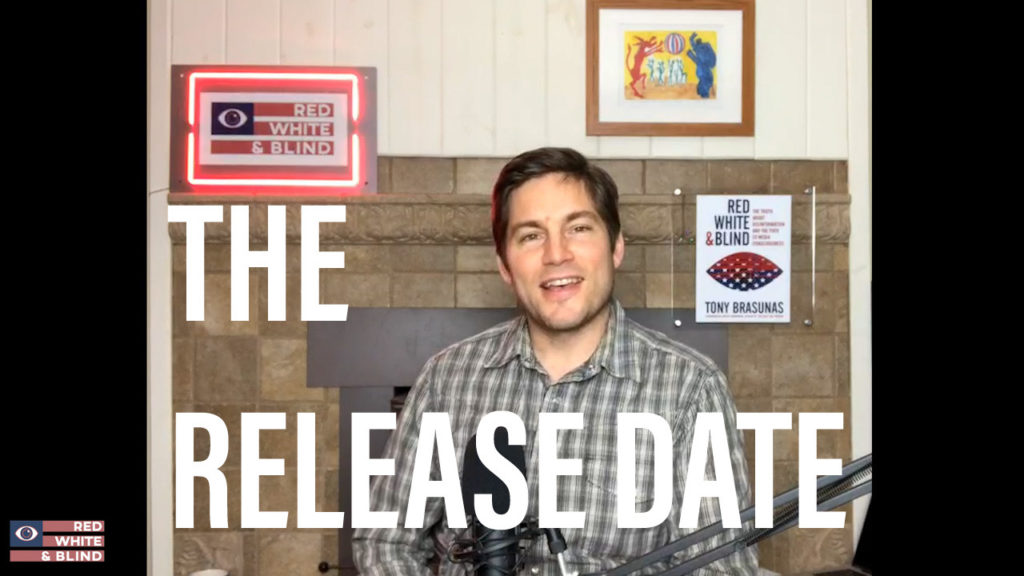


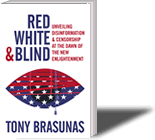
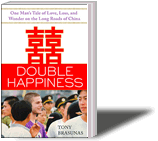
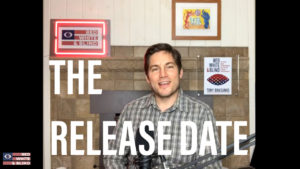
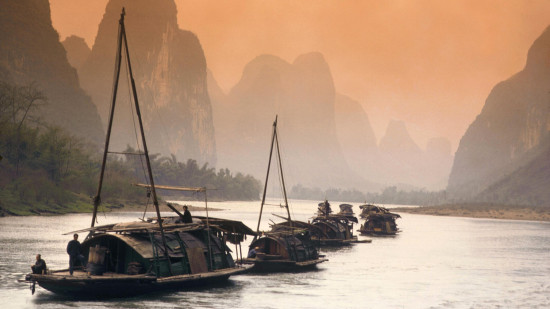
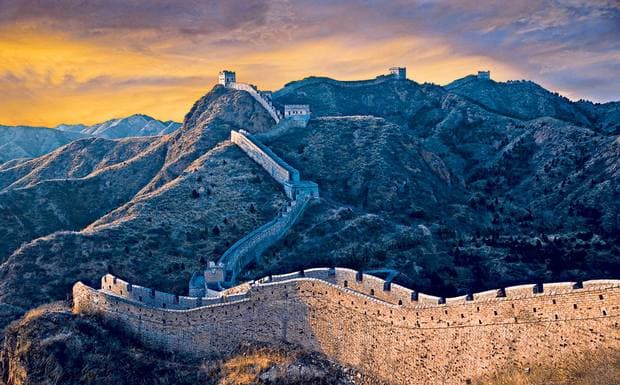
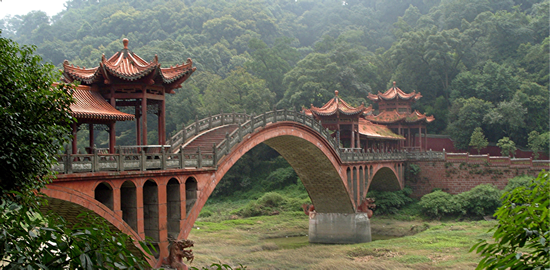
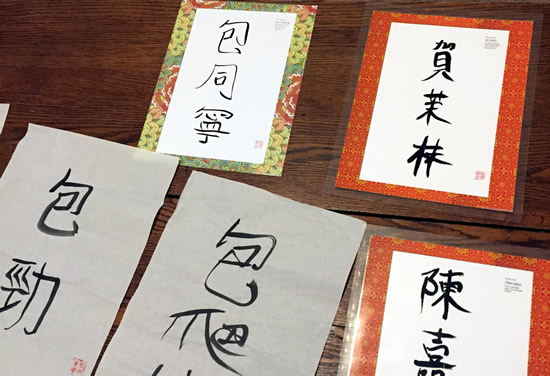
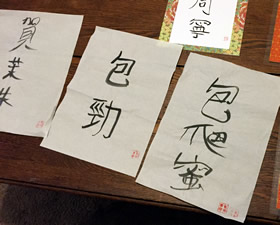
Connect & Share